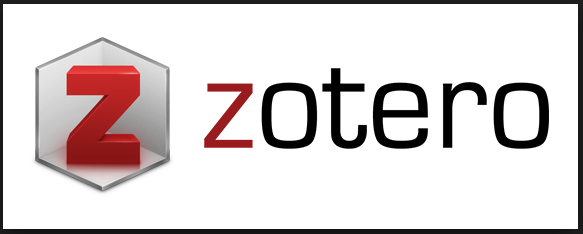Publication Ethics
Journal of Open Technologies in Geophysics (JOTG) is committed to upholding the highest standards of publication ethics and takes all possible measures to prevent any publication malpractice. This statement outlines the ethical behavior of all parties involved in the publication process: the author(s), the editor(s), the peer reviewer(s), and the publisher.
1. Duties of Authors
-
Originality and Plagiarism
Authors must ensure that their work is original, properly cited, and free from plagiarism. Submitting the same manuscript to more than one journal concurrently constitutes unethical publishing behavior and is unacceptable. -
Data Integrity
Authors should present accurate and verifiable data. Fabrication, falsification, or manipulation of data is strictly prohibited. -
Acknowledgement of Sources
Proper acknowledgment of the work of others must be given. Authors should cite all publications that have been influential in determining the nature of the reported work. -
Authorship Criteria
Only individuals who have made a significant contribution to the conception, design, execution, or interpretation of the study should be listed as authors. -
Disclosure and Conflicts of Interest
All authors must disclose any financial or other substantive conflicts of interest that might influence the interpretation of their manuscript. -
Reporting Standards
Manuscripts should be written in accordance with reporting guidelines relevant to the research design.
2. Duties of Editors
-
Editorial Decisions
Editors are responsible for deciding which articles submitted to the journal should be published, based on merit, scope, and peer-review evaluations. -
Fair Play
Editors evaluate manuscripts solely on the basis of their academic merit, without regard to the author’s race, gender, institutional affiliation, or political philosophy. -
Confidentiality
Editors and editorial staff must not disclose any information about a submitted manuscript to anyone other than the corresponding author, reviewers, and publisher. -
Conflict of Interest
Editors should not use unpublished information in their own research without the express written consent of the author.
3. Duties of Reviewers
-
Confidentiality
Manuscripts received for review must be treated as confidential documents. -
Objectivity
Reviews should be conducted objectively, and personal criticism of the author is inappropriate. -
Acknowledgement of Sources
Reviewers should identify relevant published work that has not been cited by the authors. -
Disclosure and Conflict of Interest
Reviewers should declare any potential conflicts of interest and recuse themselves if necessary.
4. Duties of the Publisher
JOTG, as the publisher, takes its duties of guardianship over all stages of the publishing process seriously. We are committed to ensuring that advertising, reprint, or other commercial revenue has no impact or influence on editorial decisions. In cases of alleged or proven scientific misconduct, fraudulent publication, or plagiarism, the publisher, in close collaboration with the editors, will take all appropriate measures.







